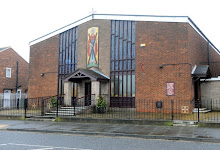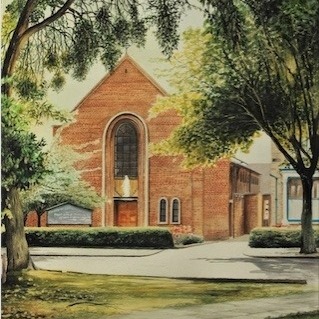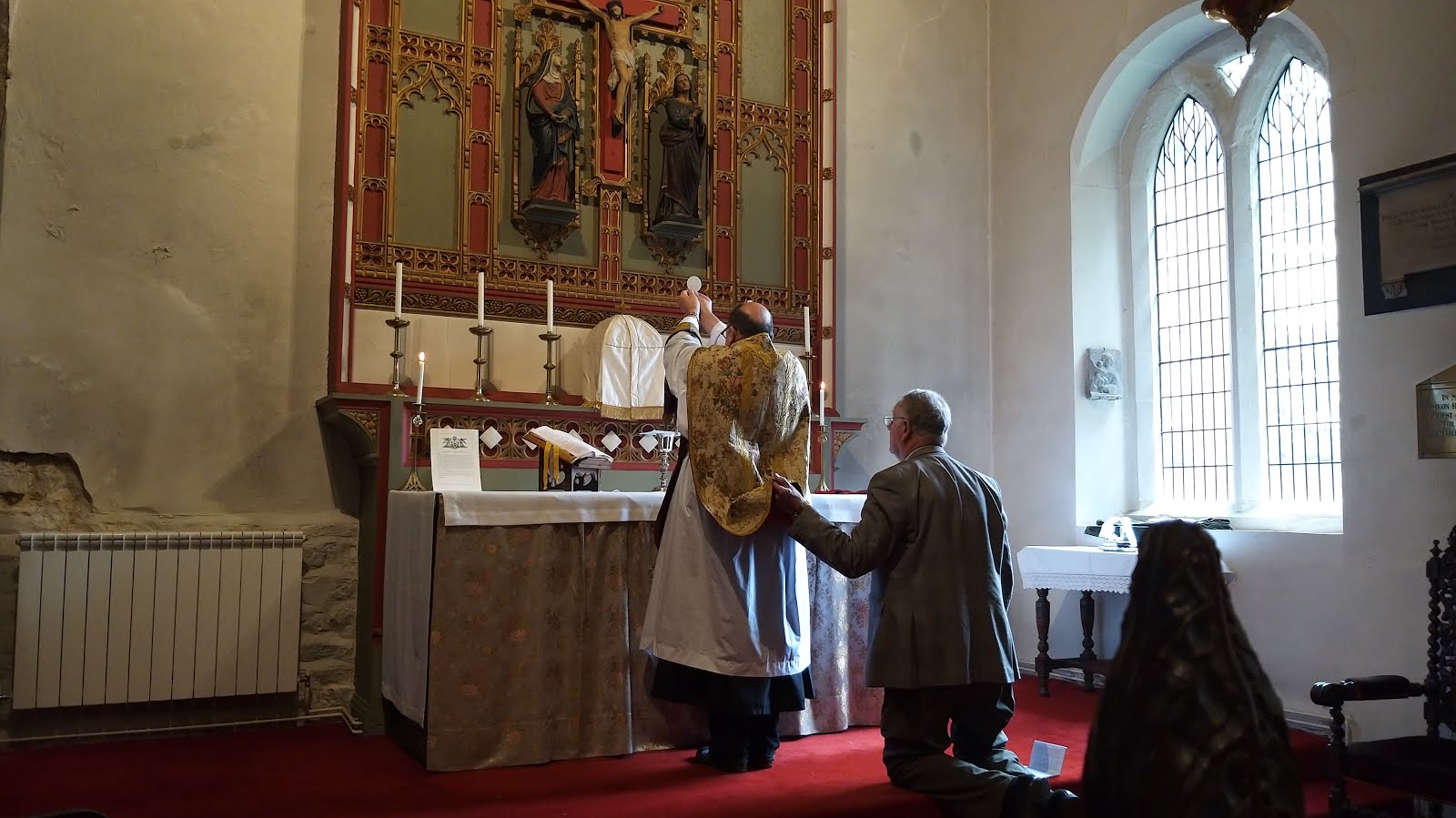There have recently been a few posts on various blogs concerning the numbers of men putting themselves forward for training for the priesthood, and the number ordinations of diocesan priests. Everyone is agreed that there are acute shortages in most dioceses, and that matters will get worse in the years to come.
Some people have commented that many of our bishops have failed to grasp the problem, saying such things as "it is in the hands of the Holt Spirit". My view is that the bishops of England and Wales now take the matter seriously, but perhaps some have not done so in the past. However, I believe that many of the bishops of England and Wales have yet to adopt the remedial measures that are needed.
I believe that over the past 40 years, there has been a significant number of young men who have felt a call to the priesthood, but have been put off by what they see in their parishes. I believe there have been many others who have spent one or two years in a seminary, before deciding that the seminary lifestyle is not for them. There is yet another category of potential priests who have applied to their bishop, and been told to go away and think about it for a year or two.
It is likely that in most of these cases, the candidate has had a more traditional concept of priestly life than either they had observed in their parishes or in seminary. In some cases it may have been the bishop who felt unable to accept a candidate, usually because the candidate is perceived to show traditional leanings. My belief is that, if over the last 40 years the Church had been more welcoming to these candidates, the priest shortage within our dioceses would be far less acute - possibly to the extent of 200 or more diocesan priests.
What leads me to think along these lines? Firstly, I have personally come across more than a few young men who would seem to fit this scenario; and there must be many more unknown to me.
Secondly, we have the evidence of the traditional orders that are now establishing themselves in this country. Yesterday I met one young man who had just returned from a weekend in Warrington where he had been discerning his vocation with the Priestly Fraternity of St Peter. He told me that he was one of seven. At Preston, the Institute of Christ the King have just set up a House of Discernment, and five young men have chosen to spend a year there. This shows a high level of commitment, as in most cases it has involved giving up job or perhaps an entire career.
My third bit of evidence is the recent growth in the number of Oratories in this country. In recent years, Orarories have been formed in Manchester, York, Bournemouth and Cardiff, and between them, they have attracted at least six novices. The Oratory communities are traditional in their lifestyle and offer the Latin Mass in their churches.
So what conclusions do we draw? Firstly, the priest shortage in the dioceses need not have been as severe as it is; and the dioceses could still attract more priestly vocations if the more traditionally minded candidates were made more welcome. Reform is particularly needed in our seminaries.
The second conclusion is that the traditional orders will be playing an increasingly important role in the Catholic life of this country in the years to come.





